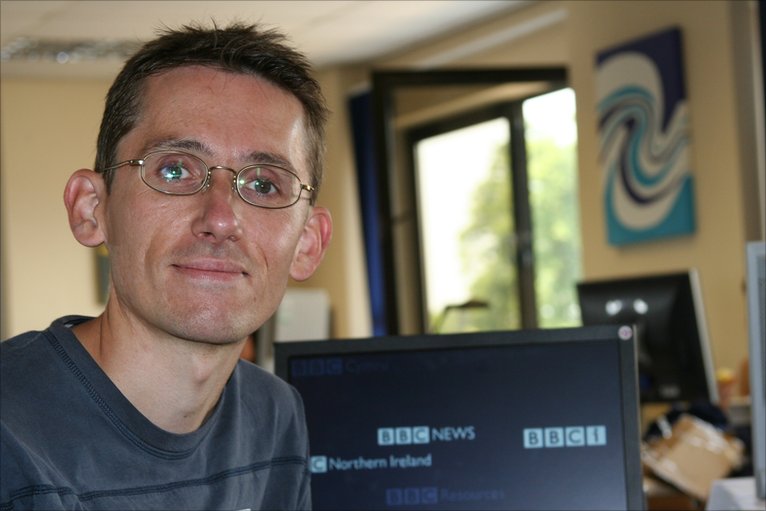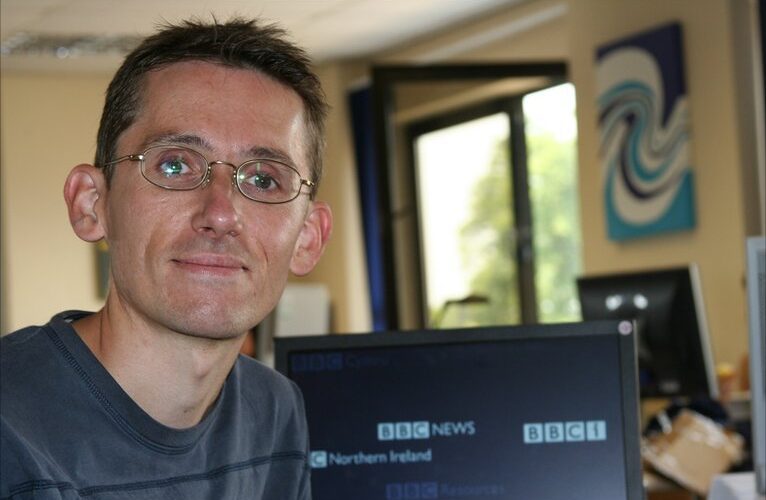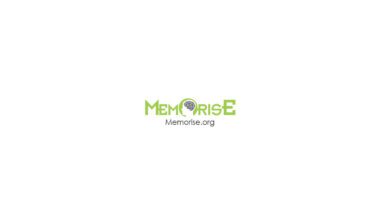World Memory Champion Jonathan Hancock changed his career course in order to concentrate on improving the memories and learning skills of children.
Born in northeast England, on February 12, 1972. His family moved to North Yorkshire, and later to Nunthorpe, a suburb of Middlesbrough. While still in school he taught himself to channel and focus his memory, and was able to receive in school. As a teenager, he worked at the local hospital radio station as a broadcaster. He went on to Oxford University where he placed first in his class.
Hancock broke two world records, and appeared in the Guinness Book of Records. He became the first Student Memory Champion, and in 1994 was crowned World Memory Champion and Grandmaster of Memory. He now teaches in a primary school and is dedicated to making a difference. He works with schools to promote memory skills for children, and as he is preparing his 10 and 11-year-old students for their SATs he is also training them to learn memory techniques that helped him win his championship.

Hancock established the Junior Memory Championship which is now in its 5th year, to challenge the memory skills of children everywhere.
In 2007 he decided to put his money where his mouth was and, after spending 15-years as a broadcaster and trainer, trained to be a primary school teacher,. He went on to author 11 books on memory and learning, including How to be a Genius, and Maximize your Memory, which have been translated into seven languages.
In 2007 Hancock founded The Junior Memory Championship, and is now working on educational initiatives to promote memory strategies in primary schools. As he prepares thousands of primary school children for the Junior Memory challenge he is developing software that can be a first hand and powerful learning technique.
His latest books include, Help Your Child Succeed At School, Brilliant Memory Training, Number Training Your Brain, and Improve Your Memory For Study.
Hancock says, I’ve spent years training children to develop their memory skills, and I’ve seen what happens when they start using their imagination. They learn to create vivid mental landscapes full of memorable imagery, giving them access to all the information they need to know. Suddenly learning is creative and fun. I’ve watched these strategies deliver remarkable improvements in motivation, confidence and educational success. And now I am preparing software that will take the training process one step further.
The children who compete in the Junior Memory Championship come from a wide variety of backgrounds, but they share one thing in common, the passion to show off their memory skills.
According to Hancock, having then show off helps their self-esteem, But the really important thing is that they’re developing practical learning skills that they can put to use immediately in their education. This isn’t a gimmick, this isn’t a quick-fix: this is learning at its most powerful, boosting creativity and confidence, and it can be put to use in every subject in the curriculum.
He says, I’d seen what an incredible difference learning techniques could make to children of all ages in school. I wanted to get in there, to put all my ideas into practice. What I’m finding is truly remarkable. Children who have never been shown how to learn are transformed by some simple memory skills. Their confidence surges, their view of themselves as learners changes radically, and suddenly they can engage with learning in a new and powerful way. They’re now telling me how to use the techniques in lessons, and they’re actually looking forward to their SATs
The Junior Memory Championship is open to youngsters ages 10 and 11. So far it is only available to children from all around the UK. Hancock has set up a syllabus for training with learning materials, lesson plans and online training, and has worked with schools to equip and support students and teachers to help children develop powerful memory skills within their curriculum.
The initial stages of the Championship are conducted online, leading to a grand final at a venue in London.
Hancock says, We’re running this through and with schools because memory skills are vital to a successful education. Schools need to see how much their pupils can benefit from being shown not just what to learn, but how to learn it. It’s essential for test and exam success, but also for creating flexibly-minded, creative and confident learners.He adds, Being a teacher myself ensures that every element of this project is keyed into the real learning needs of children, and the practicalities of teaching in a crowded curriculum. I want to help other teachers enrich their work and sprinkle a bit of ‘memory magic’ into everything they do. It’s about understanding information, exploring it creatively, and learning it in imaginative, efficient and exciting ways. We hear a lot these days about the goal of ‘personal learning’. I see memory skills as central to this, helping children to develop techniques that match their personal learning styles – getting them into thinking habits that will make them confident and effective learners for a lifetime.
About the Author:
Ron White is a memory speaker. He speaks at seminars and to large groups all over the world on how to improve memory and memory techniques.



